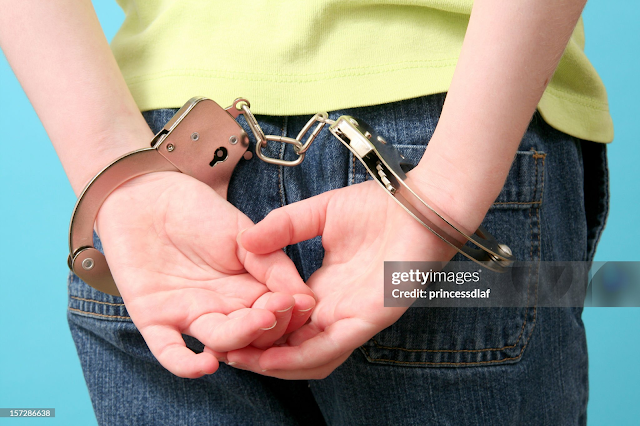Gordon Hartman To Build an Ultra-Accommodating Hotel for People with Disabilities: By Jason Hahr

I have been giving a voice to the “Voiceless Minority” for over 12 years. I have been blessed by both my loyal readers and by my amazing colleagues and friends. I have been able to use this platform not only to document my advocacy journey, but I have also been able to highlight fellow disability champions. Today, I would like to highlight 1 of those fellow champions. Gordon Hartman of Texas is a former home builder in San Antonio, Texas, who has a daughter with multiple disabilities. In 2010, he founded Morgan’s Wonderland, the first fully inclusive amusement park in the United States. I hope to visit the park sometime next year, not just as a journalist, but as a fellow member of the Voiceless Minority. The park is only one part of Morgan Enterprises. Since it opened in 2010, the organization has added a camp and other offerings. You may be asking yourself, Why is this news in 2025? The answer is quite simple. The next chapter in Morgan Enterprises is here. Morgan’s Hote...

